Like many students here, junior Zoe Edwards is currently enrolled in a world language class; however, unlike many of them, Edwards participated in the IU Honors Program in Foreign Languages (IUHPFL) this past summer, where she lived in France for six weeks. She said the experience gave her a leg up on her peers.
“IUHPFL is a program where you can travel to another country where it is natively spoken and hone in on your language skills,” Edwards said. “The most important aspect that makes it a stronger learning experience is that it’s full immersion, so not only can you be exposed to the target language at all times, but you also get to experience the cultural aspects that come with it.”
A common perception is that studying abroad is often for those who wish to pursue a career directly relating to a foreign language. In fact, a 2016 Pew Research Center report found that only 36% of Americans reported that knowing a foreign language is an important trait for workers, ranking it last out of eight skills for workers’ success. According to French teacher Lisa Carroll, however, participating in a study abroad program is applicable to everyone, regardless of their desired career path.
“Studying abroad allows people to reach a level of proficiency with a targeted language that is hard to achieve in a traditional classroom setting,” Carroll said. “This can then be extremely applicable to all career paths, especially with global connectivity steadily increasing.”
For example, according to EF Research, French is extremely helpful for those who want to pursue a career regarding international relations, as it’s the official language of international organizations like the United Nations or NATO. Furthermore, languages like Spanish or Mandarin Chinese are helpful in careers regarding business or tourism.
Edwards and senior Ava Hutchison, another IUHPFL participant, said they both agree. They said their choice to study abroad was partly influenced by its application to their desired career paths.
In addition to career benefits, however, Hutchison said studying abroad can also allow people to learn the nuances of their targeted language that are hard or even impossible to get in a traditional academic setting.
“Several decades (…) of mass immigration has led to language shifts in French, and learning in traditional classroom settings doesn’t incorporate that into the curriculum,” Hutchison said. “Studying abroad allows us to experience what French actually is.”
According to Edwards, this ultimately allowed her to have a different relationship with the French language.
“It allows you to see languages as a living and breathing thing [and because you’re] learning the newest slang and other more applicable aspects of the language, you realize how dynamic and ever changing languages are.” Edwards said.
Perhaps the most rewarding benefits, according to both Edwards and Hutchison, are the personal ones gained. A research study conducted by Mary Dwyer, the CEO of the Institute for the International Education of Students, found that 97% of students said studying abroad served as a catalyst for increased maturity, 96% reported increased self-confidence, 89% said the experience enabled them to tolerate ambiguity, and 95% said it has had a lasting impact on their world view.
“It’s like learning music in that learning a language gives your brain a new challenge to work on. The fact that I can mentally think in both French and English proves that my brain is making connections and pathways in new ways,” Edwards said. “Learning a language has shaped my life completely, and changed my view on both myself and the world, so I encourage others to learn a language as well.”
Hutchison said something similar. “By being in a full immersion program for six weeks, I’ve grown personally,” she said. “Especially when you have no service or limited access to your phone, you have to learn how to get around through traditional ways with the risk of being lost in a foreign country. Because of this, I’ve become more independent than ever.”
Edwards and Hutchison both strongly encourage students to at least learn a foreign language, and if possible, participate in a study abroad program. For those wishing to start, Carroll said CHS is a great starting point. “We offer eight different languages, and have so many opportunities for study abroad programs,” Carroll said. “So for those wanting to start learning a new language and reap the multitude of benefits that come consequently, our own school is a great way to start.”








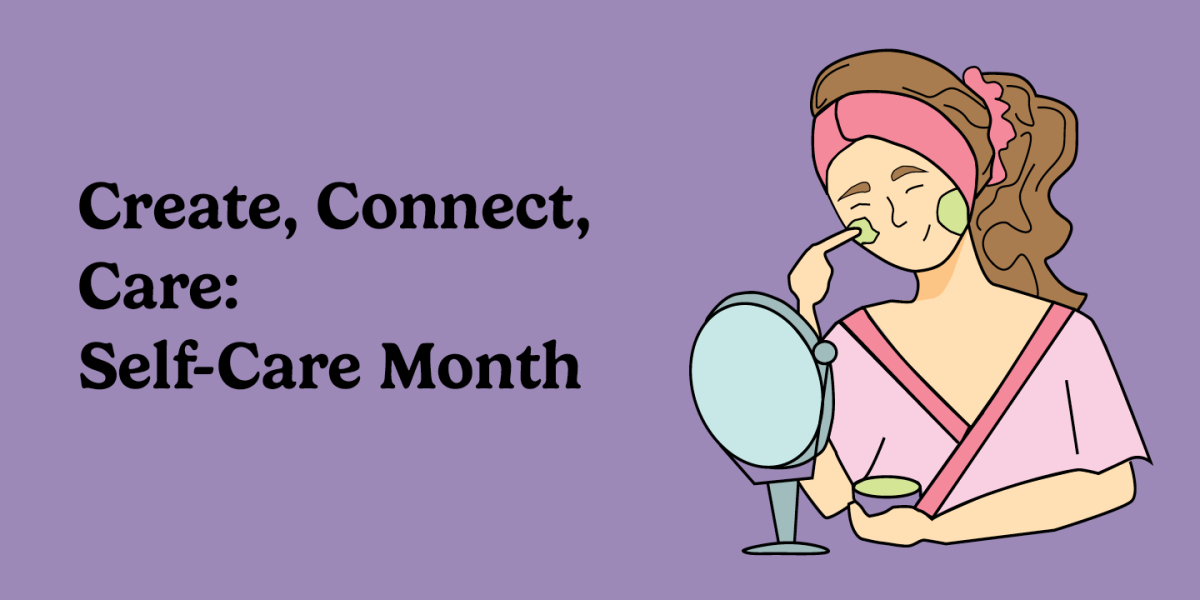







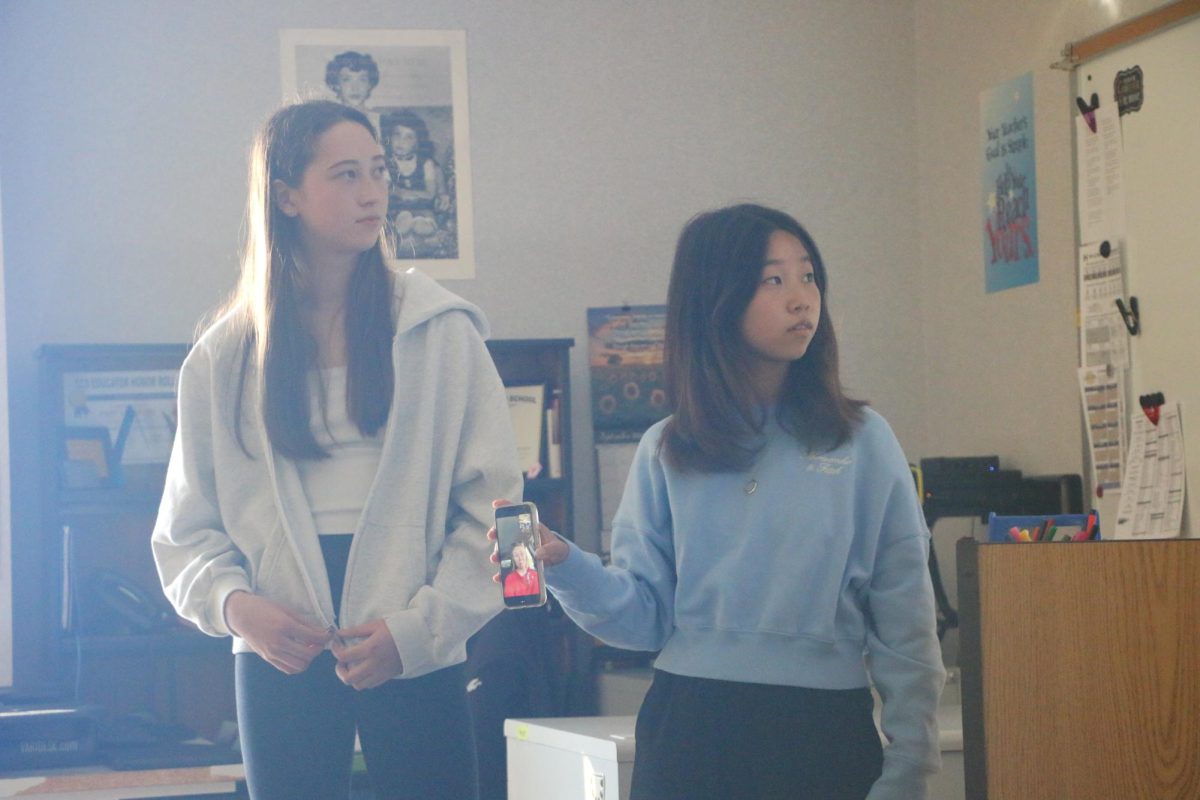


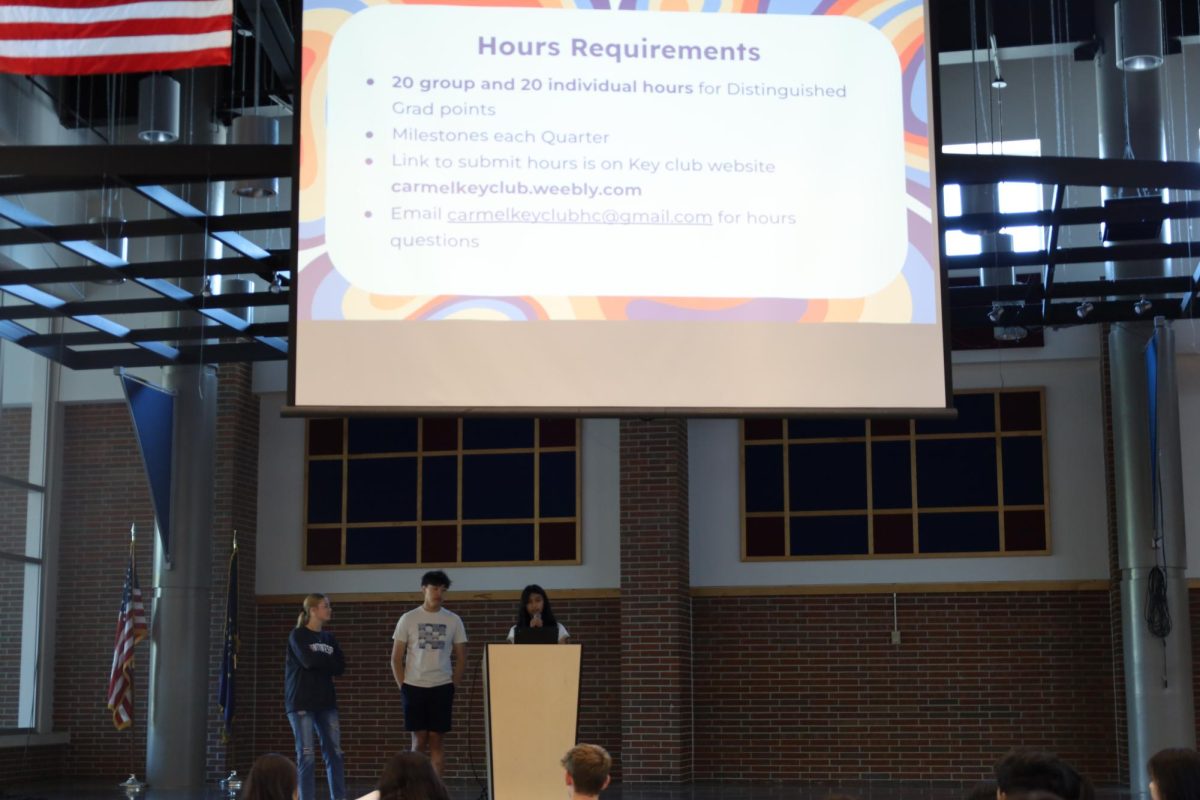


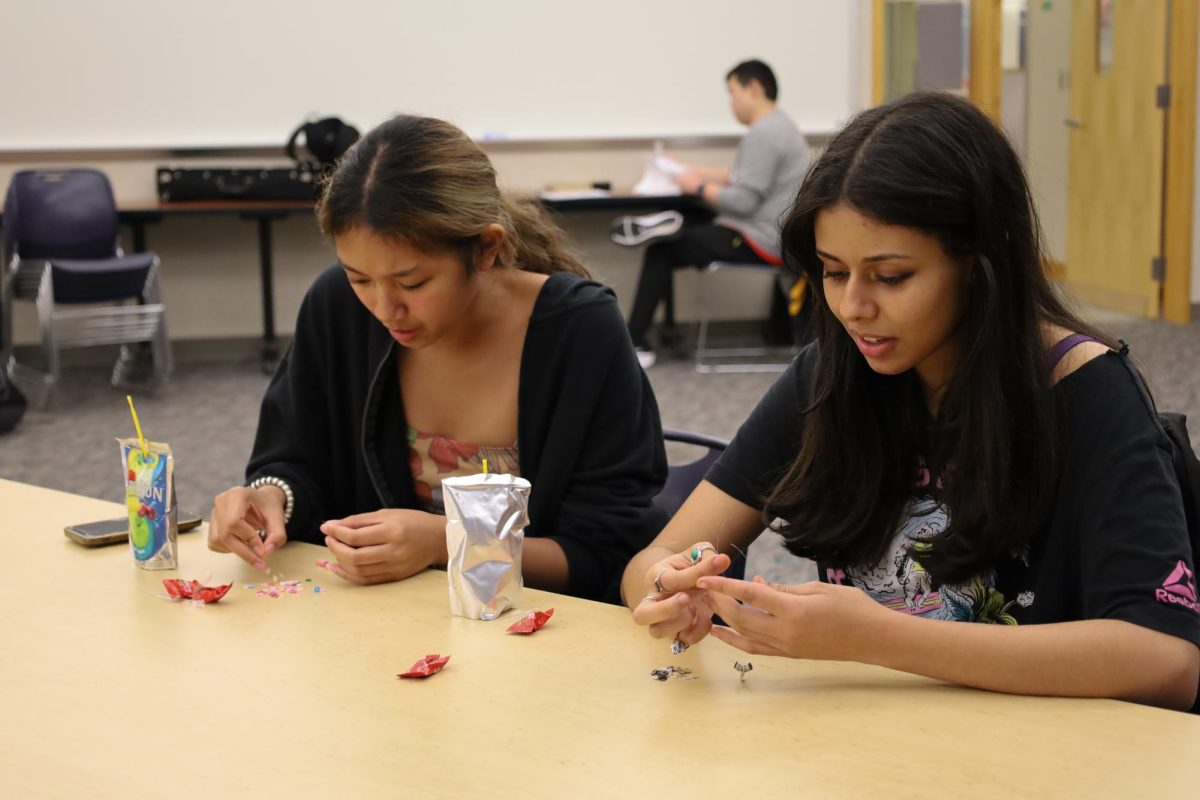



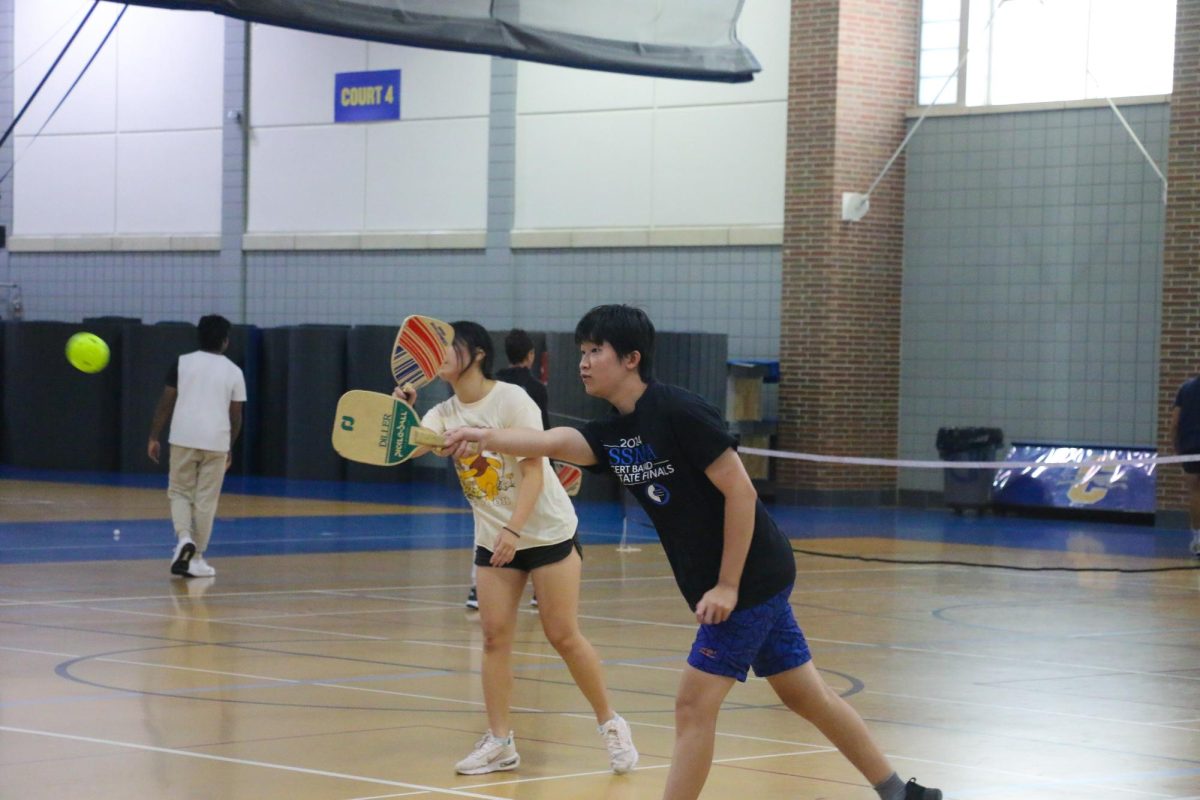



![“Uglies” is a call for change in the YA dystopian genre [opinion]](https://hilite.org/wp-content/uploads/2024/10/Perspectives-Cover-1200x471.jpg)

![Streaming services are pioneering the future of television [opinion]](https://hilite.org/wp-content/uploads/2024/09/CAtherine-streaming-1200x471.jpg)
![Parasocial relationships unnecessary, intrude on celebrities’ lives [opinion]](https://hilite.org/wp-content/uploads/2024/09/4-Mady-Kiser-Cover-1200x471.jpg)












































![Review: “Megalopolis” is a bold, bewildering mess [MUSE]](https://hilite.org/wp-content/uploads/2024/10/MV5BYTk3MjUzMGItYmU1NC00M2YyLThmNDMtNDI4NjkxNjgzMjQzXkEyXkFqcGdeQXRyYW5zY29kZS13b3JrZmxvdw@@._V1_-1200x675.jpg)
![Review: Judy Moody encourages viewers to make the best out of their summer [MUSE]](https://hilite.org/wp-content/uploads/2024/10/MV5BMjA4NDc0NzI5OV5BMl5BanBnXkFtZTcwMjc0MDA4NA@@._V1_-810x1200.jpg)
![Review: “Zen and the Art of Motorcycle Maintenance” is a breathtaking novel based on a true story [MUSE]](https://hilite.org/wp-content/uploads/2024/10/Screenshot-2024-10-14-at-11.45.50 AM.png)
![Review in Print: Maripaz Villar brings a delightfully unique style to the world of WEBTOON [MUSE]](https://hilite.org/wp-content/uploads/2023/12/maripazcover-1200x960.jpg)
![Review: “The Sword of Kaigen” is a masterpiece [MUSE]](https://hilite.org/wp-content/uploads/2023/11/Screenshot-2023-11-26-201051.png)
![Review: Gateron Oil Kings, great linear switches, okay price [MUSE]](https://hilite.org/wp-content/uploads/2023/11/Screenshot-2023-11-26-200553.png)
![Review: “A Haunting in Venice” is a significant improvement from other Agatha Christie adaptations [MUSE]](https://hilite.org/wp-content/uploads/2023/11/e7ee2938a6d422669771bce6d8088521.jpg)
![Review: A Thanksgiving story from elementary school, still just as interesting [MUSE]](https://hilite.org/wp-content/uploads/2023/11/Screenshot-2023-11-26-195514-987x1200.png)
![Review: "When I Fly Towards You", cute, uplifting youth drama [MUSE]](https://hilite.org/wp-content/uploads/2023/09/When-I-Fly-Towards-You-Chinese-drama.png)
![Postcards from Muse: Hawaii Travel Diary [MUSE]](https://hilite.org/wp-content/uploads/2023/09/My-project-1-1200x1200.jpg)
![Review: "Ladybug & Cat Noir: The Movie," departure from original show [MUSE]](https://hilite.org/wp-content/uploads/2023/09/Ladybug__Cat_Noir_-_The_Movie_poster.jpg)
![Review in Print: "Hidden Love" is the cute, uplifting drama everyone needs [MUSE]](https://hilite.org/wp-content/uploads/2023/09/hiddenlovecover-e1693597208225-1030x1200.png)
![Review in Print: "Heartstopper" is the heartwarming queer romance we all need [MUSE]](https://hilite.org/wp-content/uploads/2023/08/museheartstoppercover-1200x654.png)



